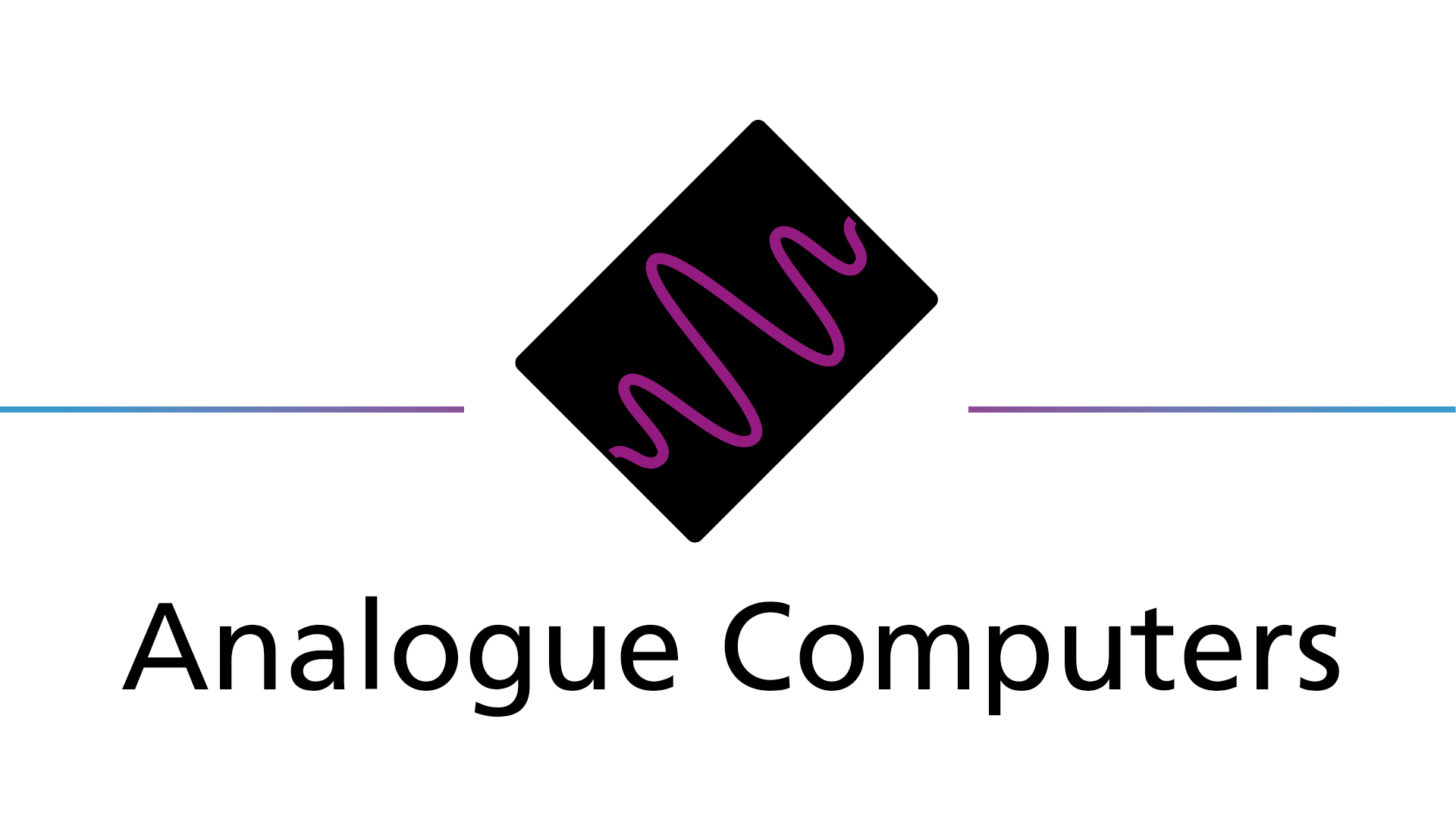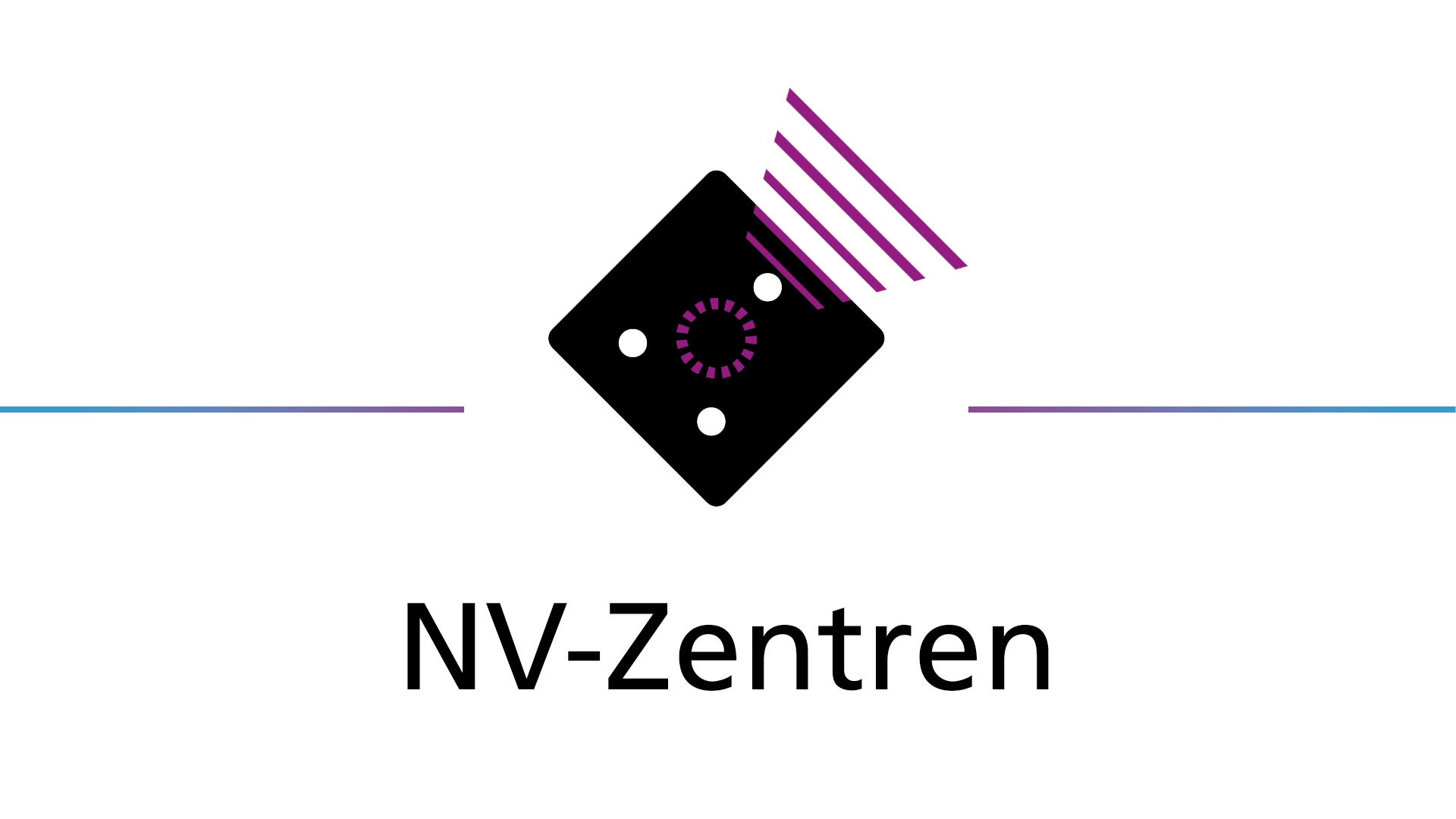Technologies
There are many ways to realise qubits and thus quantum computers in hardware. It is not yet clear which approach is the best way to realise a universal, error-corrected quantum computer. That is why we are commissioning the development of different hardware platforms and strengthening the quantum computing ecosystem by commissioning the necessary basic technologies and applications. This technological diversity and depth are one of our core principles.








